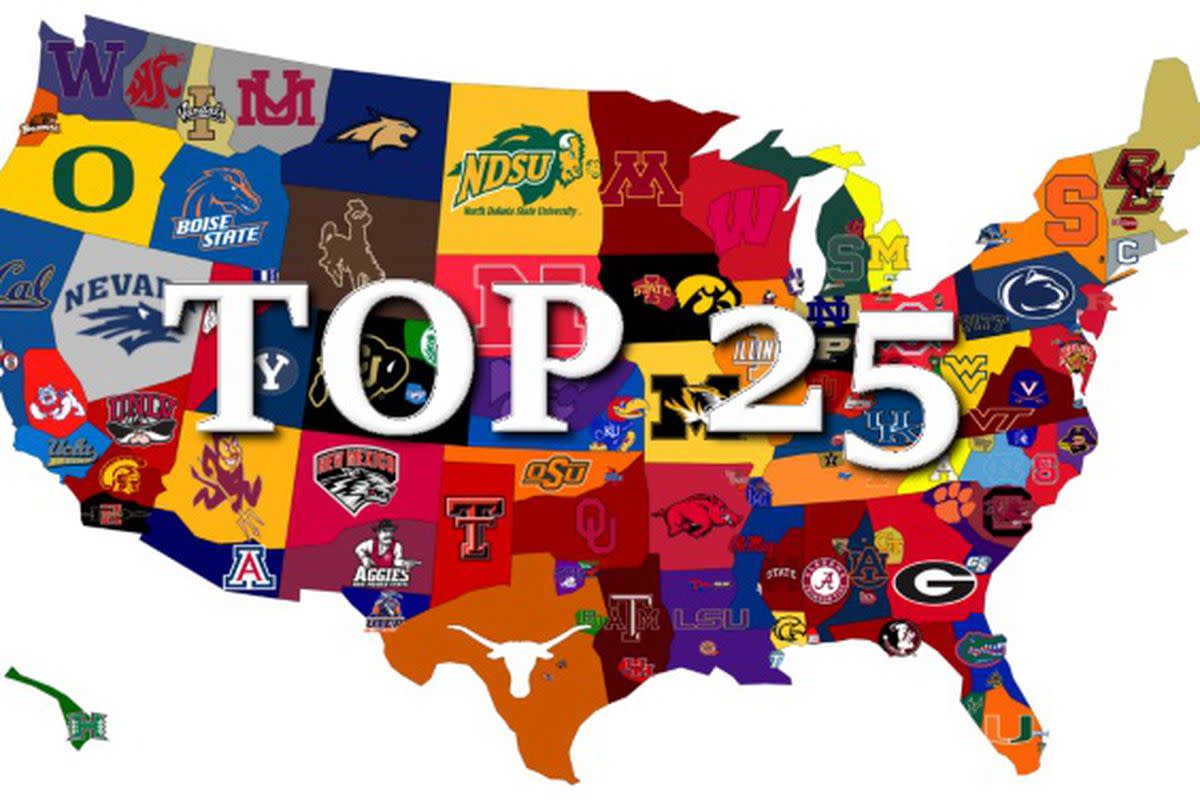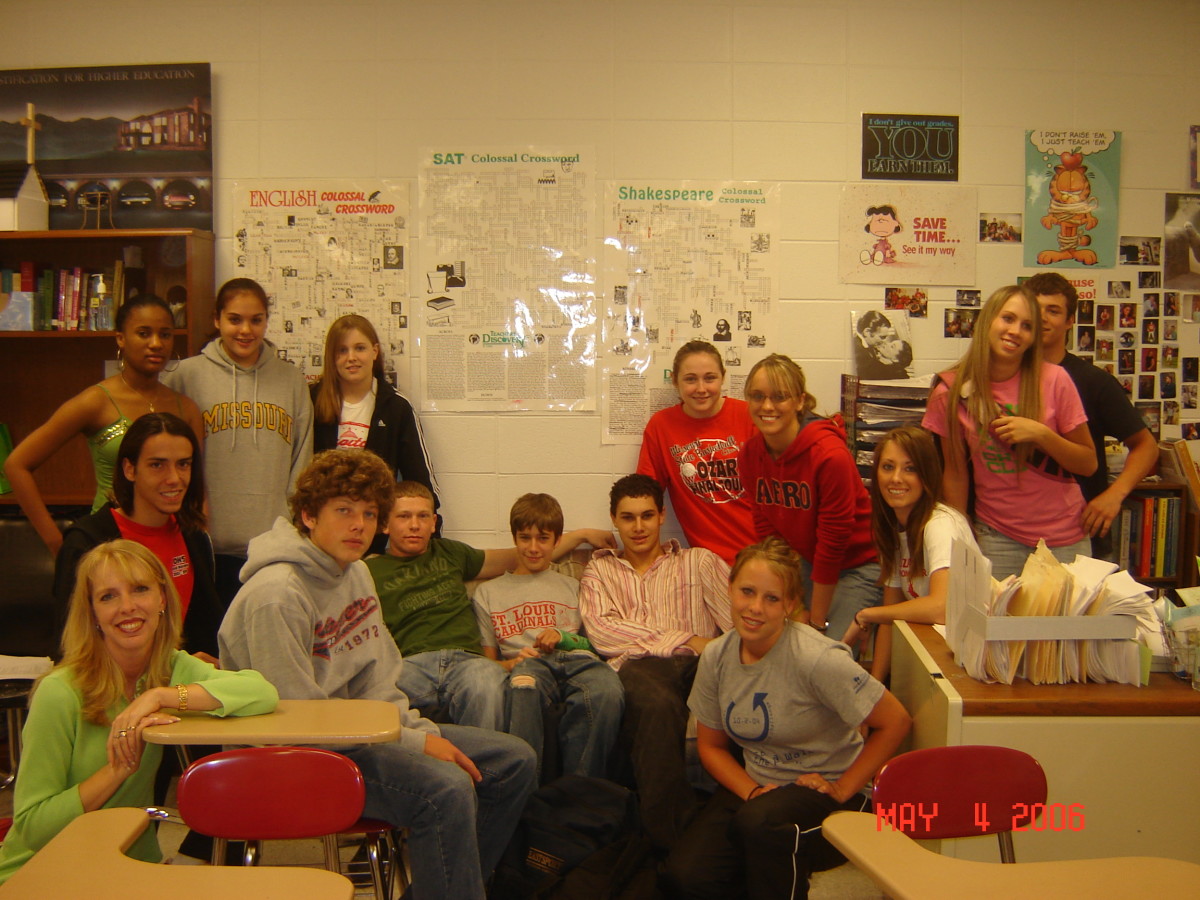Tips for a Great Parent Teacher Conference
The Ideal Conference

Parent Teacher Conferences – Be Prepared
©LaDena Campbell 2012 aka justateacher
Twice a year in our district, teachers and parents meet to discuss the progress of students. Usually one happens near the beginning of school, and the second one happens close to the end of the year. Each school gets to decide which two times to have them, but all schools must have two times during the year. Conferences aren’t always easy, so it is best to be prepared.
For The Teacher
As a teacher, you need to keep these things in mind:
The little monster that lies all day and hits all of his classmates is someone’s little angel that can do no wrong. That sweet, shy little princess that never talks in class is someone’s little chatterbox that can’t stop talking at home. And both of them have moms and dads that know their child better than you ever will. And they are never wrong about their child.
And then remember these tips:
- 1. Start with all of the positives. If there is only one positive…start with that. If the little monster that lies all day and hits his classmates has the neatest handwriting in the class – mention that. If he just has a nice smile, go with that.
- 2. Be honest. If that little monster doesn’t have a nice smile…don’t mention it…his mom knows if he has a nice smile.
- 3. Be gentle with the negatives…but still be honest. Don’t sugarcoat the truth about the negatives. If the child is a bully, you could say, “Your son doesn’t get along well with the other children. He doesn’t show respect to his classmates.” And then “To be honest, he is a bully.”
- 4. Be nice to the parents. They can be your biggest ally. Or your biggest foe. If you can’t respect the little monster’s parents how can you expect him to respect you?
- 5. Listen to the parents. They won’t listen to you if you try to monopolize the conversation.
- 6. Don’t get defensive. If the parents of the little monster tell you that you are the worst teacher in the world, remember – they think that their child is a little angel.
- 7. Provide samples of the child’s work. If you are saying that the little monster has the best handwriting in the class, bring samples to back up your claims. You might have samples of another child’s work (with name omitted) to compare his work to. If you do this, make sure the other student’s handwriting is not better than the little monsters.
- 8. End the conference on time. Remember…the little princess needs all of her allowed time, too.
For The Parents
As a parent, you need to keep these things in mind:
Your little angel may be the teacher’s little monster. At home he is the sweetest, kindest young man that is always polite to his brothers and sisters and you. But at school he might not be so nice. The teacher knows if your little man is behaving or not, listen to him or her. And maybe your little chatterbox really is quiet at school.
And then remember these tips:
- 1. Listen to all of the positives. If there is only one positive…remember that. If the teacher says that your lovebug has the neatest handwriting in the class – remember that. If she just says he has a nice smile, worry.
- 2. Be honest. Let the teacher know that you understand what he or she means when he or she says that your child has a nice smile.
- 3. Accept the negatives. If the teacher says that your child is a bully, find out why he is a bully. Who is making your child so mean?
- 4. Be nice to the teacher. They can be your biggest ally. Or your biggest foe. If you can’t respect the teacher how can you expect your little angel to respect the teacher?
- 5. Listen to the teacher. He or she won’t listen to you if you try to monopolize the conversation.
- 6. Don’t get defensive. If the teacher tells you that you are the worst parent in the world, remember – they think that your child is a little monster.
- 7. Ask for samples of the child’s work. If the teacher is saying that the your child has the best handwriting in the class, expect samples to back up your claims. Ask to see samples of another child’s work (with name omitted) to compare his work to. If you do this, make sure the other student’s handwriting is not better than your child’s.
- 8. End the conference on time. Remember…the little princess needs all of her allowed time, too.
For Teachers And Parents
While this was written tongue in cheek, remember that most of these tips will work for a parent teacher conference.
As a teacher, start the conference with positive information, be honest but not mean, be nice to the parents – they can help you the most when you need it, don’t get defensive – the parents are probably doing what they think is best for their child, share samples of the child’s work and end the conference on time.
As a parent, listen carefully to the teacher, be honest about how your child really is, be nice to the teacher – this person has your child in their lives as much as you do, don’t get defensive – the teacher is probably doing what he or she thinks is best for your child, ask for samples of your child’s work and end the conference on time.
If you follow these simple tips, your conference should go well!








